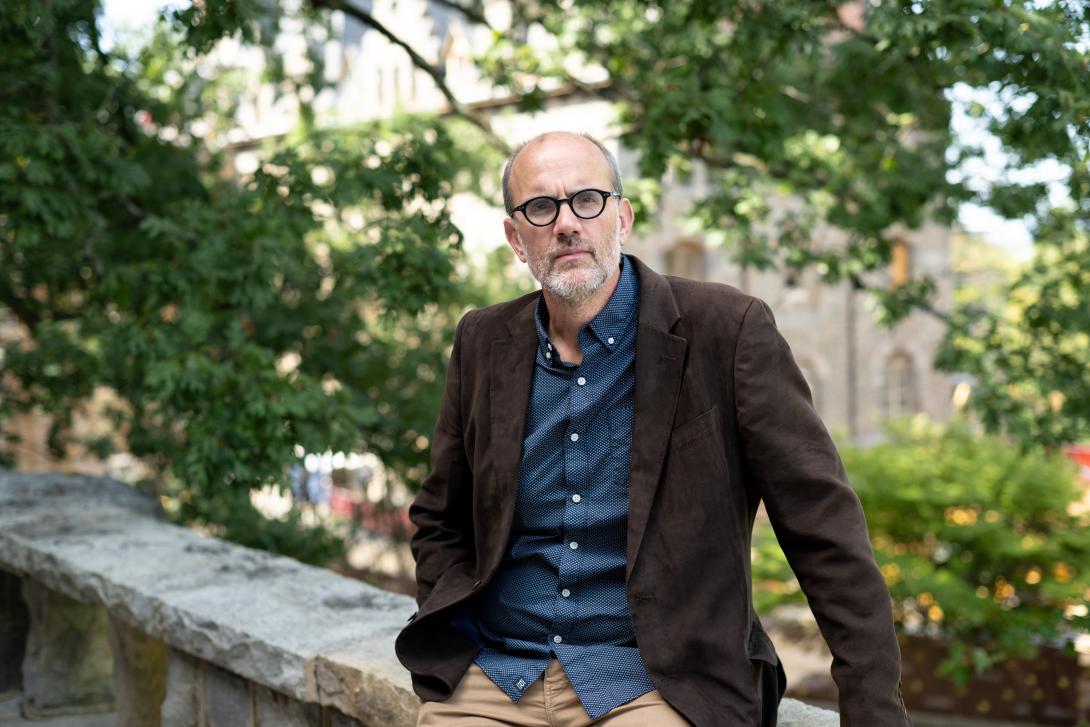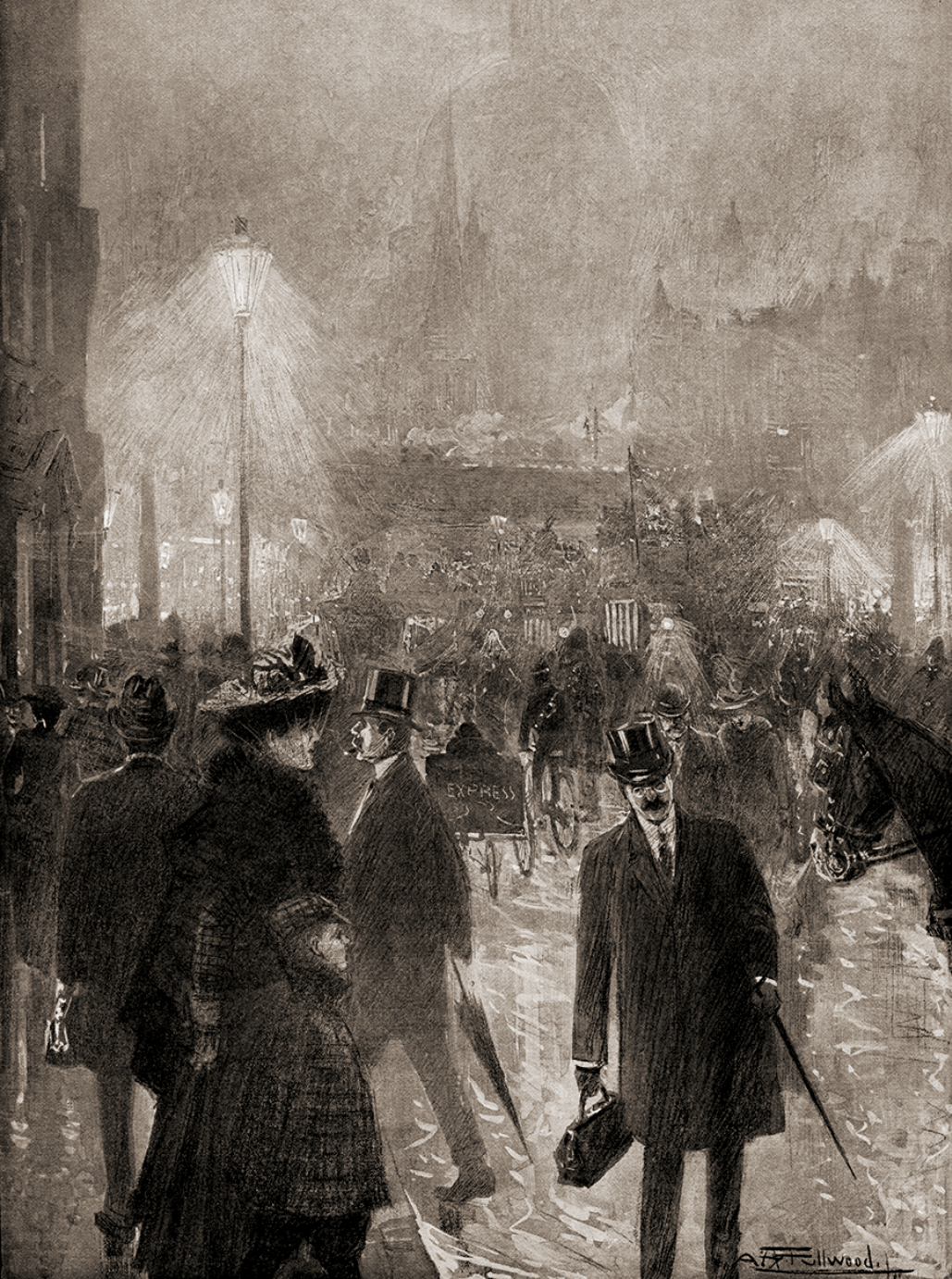
British author William Delisle Hay published The Doom of the Great City; Being the Narrative of a Survivor in 1880. The novella tells a tale about an apocalyptic fog of pollution that destroys London, yet no viable text exists in print. A new critical edition project by Michael Kramp and Sarita Mizin '15G seeks to contextualize the novella with primary source appendices and resources to support scholarly and teaching conversations related to the story's themes as they bring it back into circulation.
Doom tells the story of a man who is the sole survivor of this destructive event. Retired to rural New Zealand, the author gives to his grandchildren a detailed recount, through which Hay connects this eradication to human greed and considers how it has led to massive inequities, failing public policies, and severe ecological, health and economic crises that threaten the nation.

“It's one of the many late Victorian apocalyptic stories, but unlike so many of them, it's really a story of urban apocalypse that isolates London,” Kramp says. “While London gets decimated and the whole population dies except this sort of classic last-man survivor, the rest of the world seems relatively untouched, including, arguably, the suburbs of London.”
Kramp is collaborating with Mizin, assistant professor of English in Postcolonial and British Studies at the University of Wisconsin-Eau Claire. Doom, she says, also provides us with some insights into the collusion between patriarchy and the forces of colonialism.
“It's helped me think about how settler colonialism is enmeshed in certain forms of patriarchy, particularly in this text,” Mizin says. “The narrator presents the setting of New Zealand as a place that was full of riches, a kind of second setting that was being underutilized and he is going to exploit it.”
The work is relevant today as climate dangers become more intense, Kramp says. His and Mizin’s book will make the novella accessible to teachers and students for the first time and create a text relevant to a period with worldwide ecological, economic, and public health crises. “We want to be part of a public discussion in terms of public health and climate change and global warming and modern urban living and the suburbs. We want those public dialogues, and I think we've really set the text up to facilitate that both in and out of the classroom.”
For Kramp, the project also brings the reward of working with a former student. “It's been really important to me to work with an alum of the program and it’s been special to work with Sarita,” he says. “In the humanities, we are rarely trained to do collaborative work. This has been collaborative, but it's also been a special kind of collaboration.”
Spotlight Recipient

Michael Kamp
Professor of English
